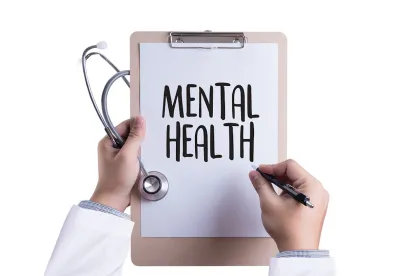In an effort to expand access to mental health services, on September 30, 2022, California’s Governor approved Senate Bill 1019, which modifies the California Welfare & Institutions Code as it relates to Medi-Cal managed care plans (“MMCP”). No later than January 1, 2025, MMCPs must develop and implement an annual outreach and education plan for their enrollees regarding the mental health benefits covered by MMCPs. MMCPs will also be required to conduct annual outreach and education to inform primary care providers regarding the mental health benefits covered by the MMCP.
Existing law requires MMCPs to provide coverage for certain mental health services. Those services include individual and group mental health evaluation and treatment, psychological testing, outpatient services for monitoring drug therapy, psychiatric consulting, and outpatient laboratory services, drugs and supplies. Under the new law, MMCPs will seek input from plan stakeholders, including a community advisory committee established by the MMCP, and from local stakeholders representing diverse racial and ethnic communities to inform the development of the outreach and education plan. The outreach and education plan must also incorporate findings from the MMCP’s population needs assessment and an assessment of utilization of covered mental health benefits by race, ethnicity, language, age, sexual orientation, gender identity and disability. Further, the MMCP must meet cultural and linguistic appropriateness standards while incorporating best practices in stigma reduction and increasing enrollee access to mental health benefits. The outreach and education plan will be subject to review and approval by California’s Department of Health Care Services (DHCS) prior to implementation.
Under the new law, MMCPs will be subject to additional oversight by DHCS. Once every 3 years, DHCS will assess enrollee experience with the mental health benefits covered by MMCPs. By January 1, 2025, DHCS will have adopted survey tools and methodologies to assess consumer experience across a number of factors, including receipt of timely treatment, cultural competency of providers, communication with the MMCP, and receipt of treatment and information from the MMCP. Beginning in April 2026, DHCS will publish its findings every 3 years, which will include recommendations to MMCPs for improving access to covered mental health benefits.
Going forward, MMCPs should ensure they have access to the tools needed to capture the requisite data regarding mental health utilization across a varied demographic. MMCPs will also need to update plan communication policies and make investments in training staff to disseminate information about the MMCP’s mental health benefits to enrollees and primary care providers.
Andrew Yu-Chih also contributed to this article.




 />i
/>i

